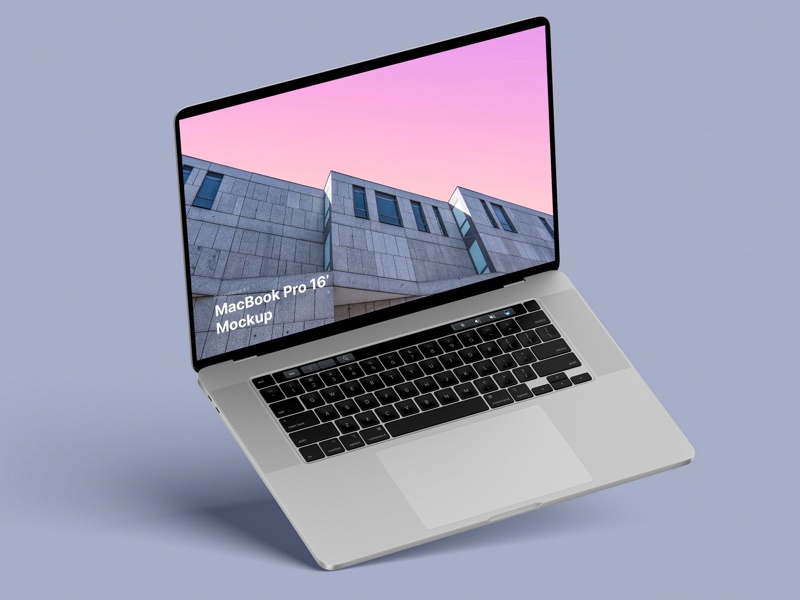Views
496
Replies
7
Status
Closed
OK, I have been scouring the message boards and I cannot seem to find a solution to my severely mind-numbing problem. One of the computers in our office is displaying images (RGB and CMYK) in Photoshop 6 with horribly incorrect colors.
Opening these image files in MS Paint or Photo editor or internet explorer, or inserting them into autocad as raster images they look fine. When we print from Photshop they look fine, but in Photoshop ONLY they look incorrect on screen. Everything else on this computer looks right, it’s only Photoshop that is giving us bad color rendering.
I have check the settings of the machine against other machines that show and print the images correctly and I cannot seem to find any differences.
This is driving me batty because we cannot use this machine to create images in Photoshop and expect to get anything close when printing.
Any help will be greatly appreciated.
Thank you,
Matt
Opening these image files in MS Paint or Photo editor or internet explorer, or inserting them into autocad as raster images they look fine. When we print from Photshop they look fine, but in Photoshop ONLY they look incorrect on screen. Everything else on this computer looks right, it’s only Photoshop that is giving us bad color rendering.
I have check the settings of the machine against other machines that show and print the images correctly and I cannot seem to find any differences.
This is driving me batty because we cannot use this machine to create images in Photoshop and expect to get anything close when printing.
Any help will be greatly appreciated.
Thank you,
Matt

MacBook Pro 16” Mockups 🔥
– in 4 materials (clay versions included)
– 12 scenes
– 48 MacBook Pro 16″ mockups
– 6000 x 4500 px
